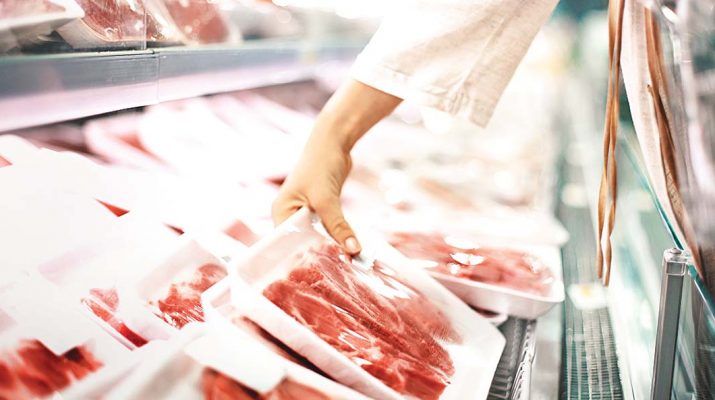CATTLE Council of Australia is reassuring the public that it is perfectly safe to eat beef, following the outbreak of Foot and Mouth Disease.
Viral fragments of the disease were found in food products in Melbourne on July 20, however Agriculture Minister Murray Watt, remains confident that Australia can remain free of the disease..
“I feel very confident that Australia’s world-leading biosecurity system stands us in very good stead to resist this outbreak arriving,” Mr Watt said.
“There is a very serious outbreak of foot and mouth disease in Indonesia at the moment, just as there is in a number of other countries around the world..
“Malaysia, Vietnam, we have seen it in South Africa, in China, in other countries as well. But we are certainly working extremely hard in partnership with industry to make sure that we keep it out by taking really strong measures here at home as well as making sure that we are helping our neighbours abroad..
Australia has been free of the disease for over a century, but just one positive case of foot and mouth could shut the $27 billion livestock export trade down for months or even years..
The federal government has estimated the total cost of a major outbreak at $80 billion.
Viral fragments are not live and cannot transmit the virus, but head of biosecurity at peak body Animal Health Australia, Rob Barwell says their presence in meat products raised concerns that other tainted products had breached Australia’s biosecurity system.
As a result of the detection of viral fragments, Cattle Council of Australia has made it clear that it is perfectly safe to eat beef, a necessary reassurance due to confusion around the impact of Foot and Mouth Disease.
Cattle Council president Lloyd Hick said the disease was not transmissible to humans.
“Foot and Mouth Disease can’t make you sick,” Mr Hick said.
“It also has no impact on the quality, flavour or nutrition values of beef or any meat product.
“We take this seriously because it would cause an animal welfare crisis and potentially lose our access to international markets.
“Producers wouldn’t be able to sell affected cattle on the domestic market if they are sick. “Affected cattle need to be isolated from other herds to prevent the spread of the disease and can’t be sold.
“This means we could lose great volumes of stock which would have a big impact on producers.
“We ask everyone travelling back from countries with Foot and Mouth Disease to ensure they follow biosecurity protocols.
“This includes cleaning and disinfecting clothing and footwear – especially if you come in contact with agriculture.
“Also, always make sure you make an honest biosecurity declaration at the airport.
“If your personal effects need to be cleaned, they will be returned to you.
“Biosecurity is everyone’s responsibility, and it protects the standards of living for all Australians..
There have been 401,205 cases of Foot and Mouth Disease detected across 22 of Indonesia’s provinces..
According to Indonesia’s National Disaster Mitigation Agency (BNPB) foot and mouth taskforce, 2772 animals have died of the disease and more than 4000 have been slaughtered in an attempt to eradicate the virus.

